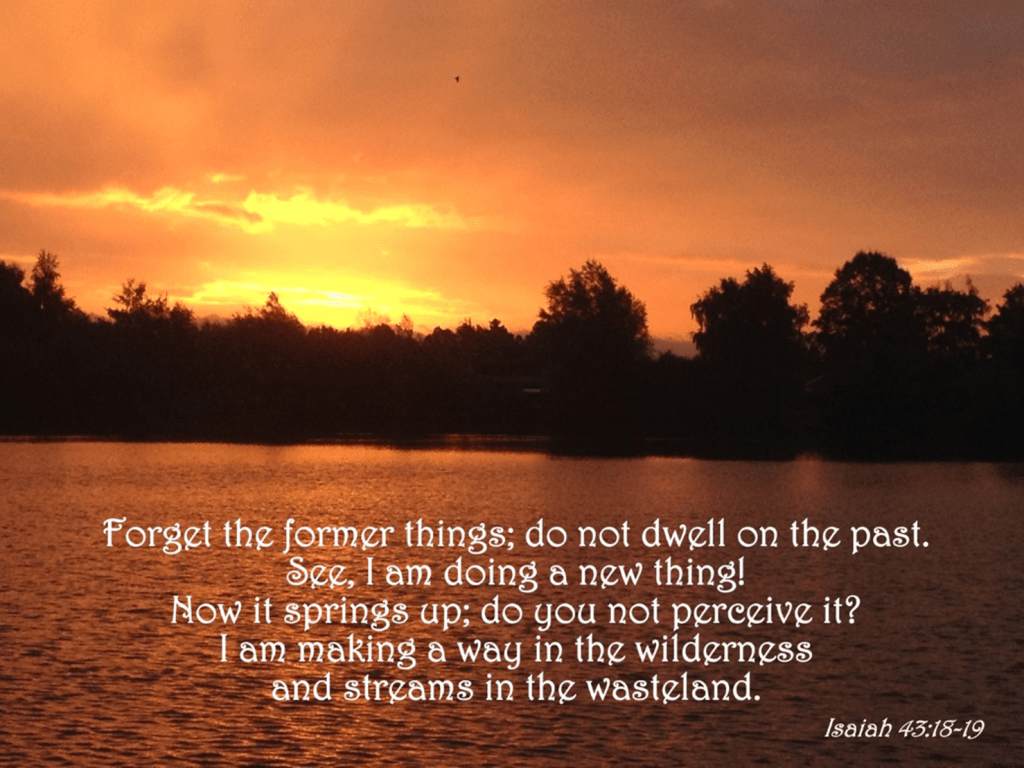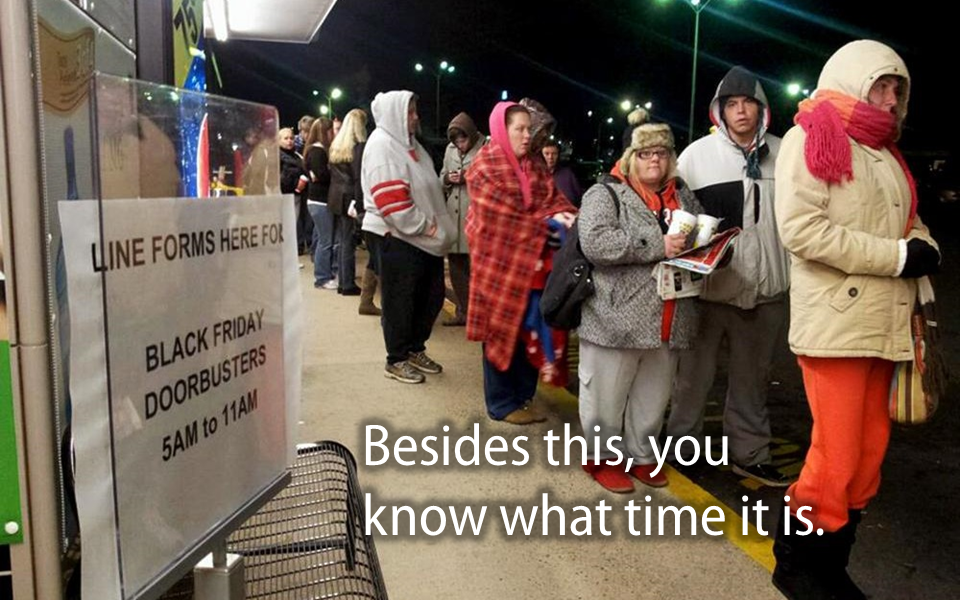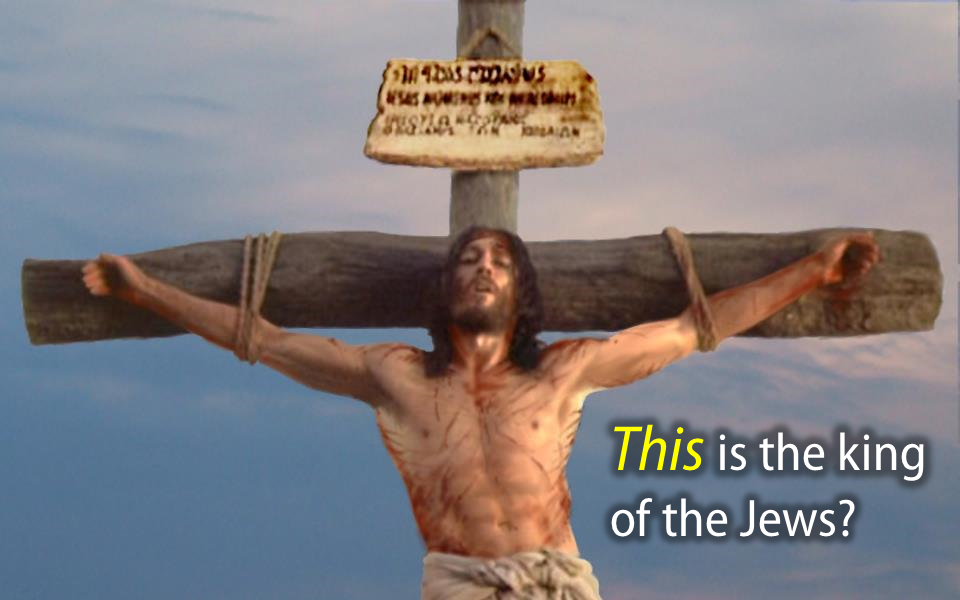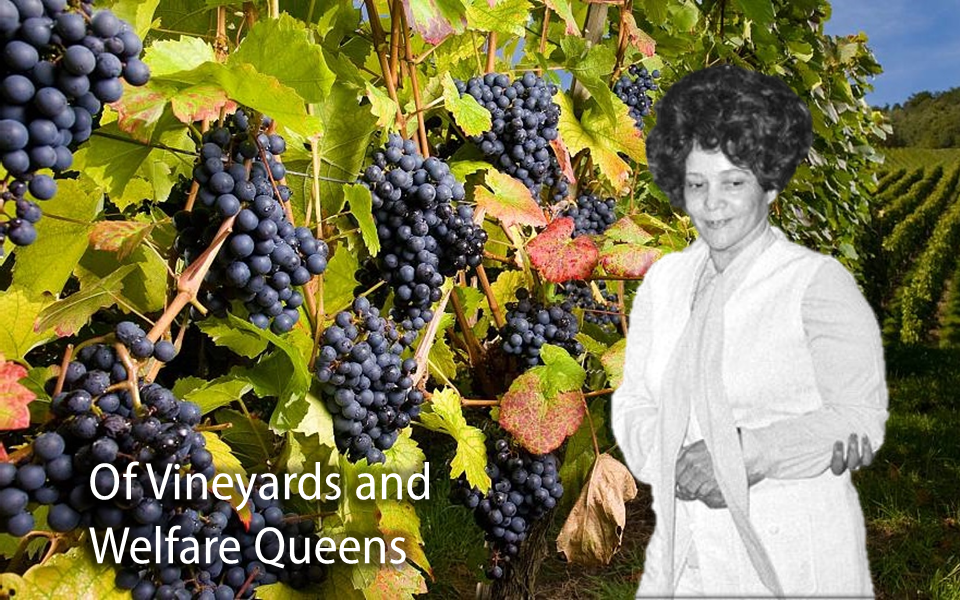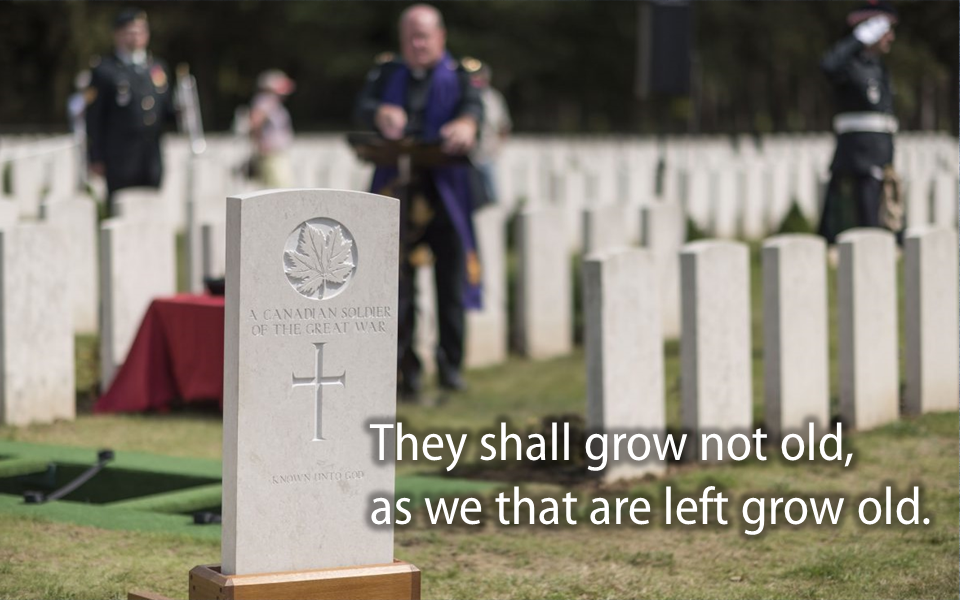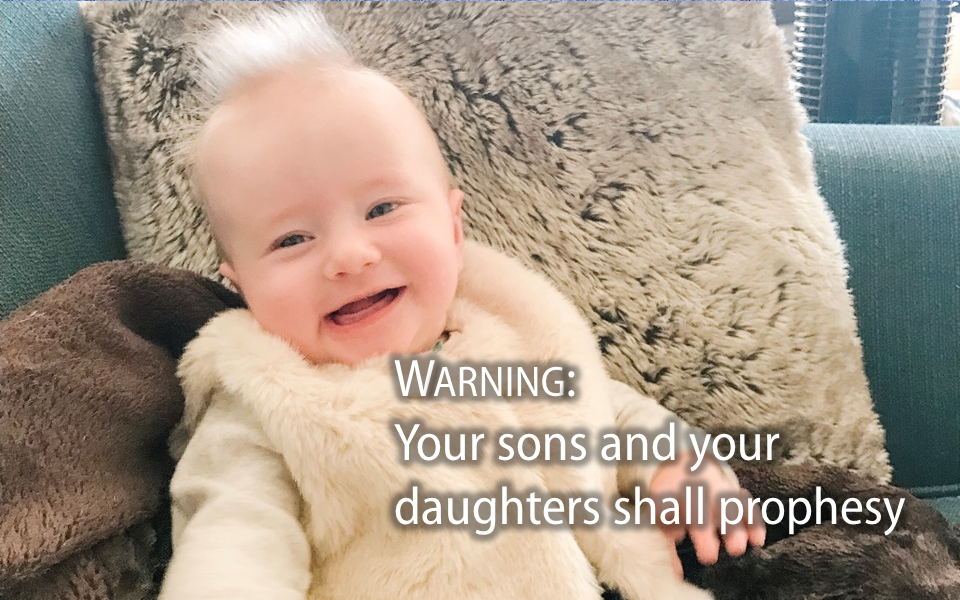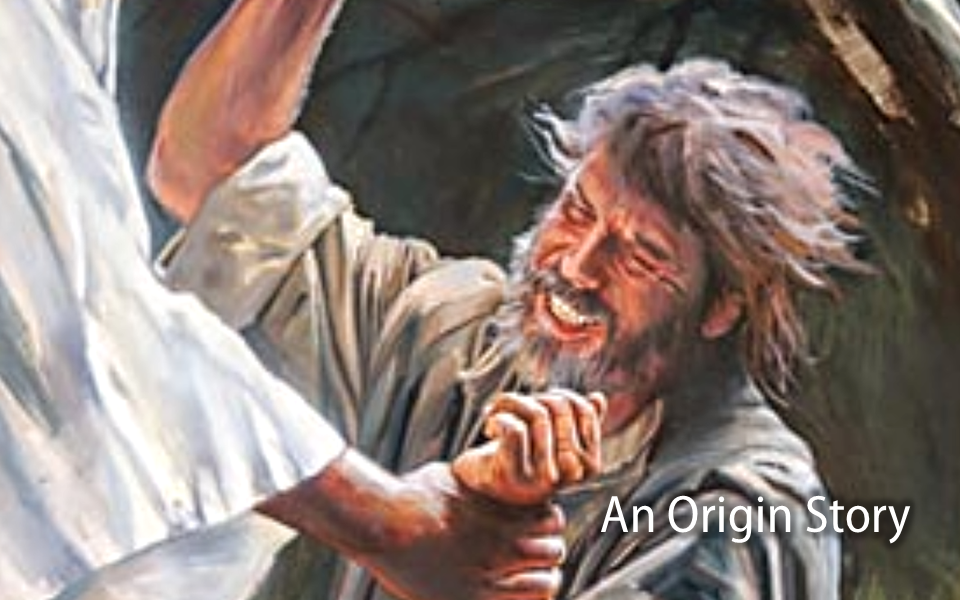Hespeler, 12 January, 2020 © Scott McAndless
Isaiah 42:1-9, Psalm 29, Acts 10:34-43, Matthew 3:13-17
I believe that Jesus Christ is the Messiah. I believe that he is the Son of God and the one who has revealed God to us in a uniquely powerful way. But holding such belief can be a challenge sometimes. Being a believer doesn’t mean that you never have doubts or questions. Being a believer is not the same thing as being certain. And so I have thought, as I’m sure you have also thought at times, wouldn’t it be nice to be able to know rather than simply to believe? Wouldn’t it be nice to be presented with the evidence right there before your eyes and be put in the position that left you with no room to doubt?
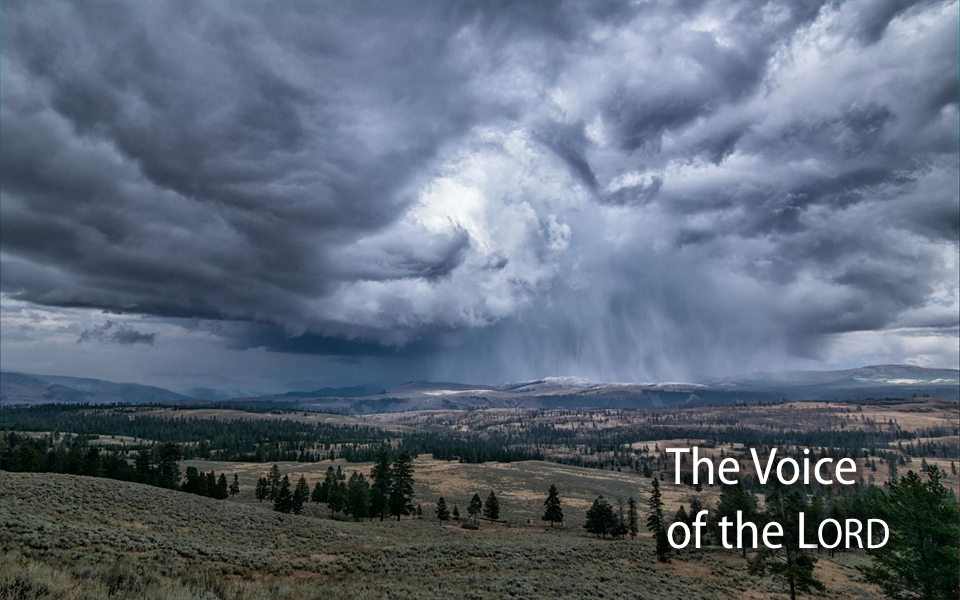
Wouldn’t it have been nice, for example, to have been there for that episode we read about in the Gospel of Matthew this morning? There doesn’t seem to be any room for doubt in that scene. John the Baptist is so certain that Jesus is the one that he’s been looking for, that he even protests that it would be inappropriate for him to baptize Jesus because that would imply that, in some sense, Jesus was less important than John! But even the certainty of John is blown out of the water by what happens immediately following the baptism: “just as he came up from the water, suddenly the heavens were opened to him and he saw the Spirit of God descending like a dove and alighting on him. And a voice from heaven said, ‘This is my Son, the Beloved, with whom I am well pleased.’”
Now, wouldn’t it have been something to witness that – to see the Spirit of God descending just like a dove flies down from the sky, to hear that voice speaking so clearly? I mean, surely that’s about as close to proof and evidence as you can get. And there clearly must have been a lot of people who were there. The gospel writers speak of large crowds going out to see John the Baptist despite his remote location. So hundreds, if not thousands, could have witnessed the incredible event. The result of such an experience must have been that huge numbers of Judeans and Galileans left that day in the certain and secure knowledge of exactly who Jesus was and what he had come to do.
Except, well, if you continue to read through the gospels from this point in the story, that’s not quite what seems to have happened, is it? Oh, there is no question that people are very interested in what Jesus does in his ministry. He is able to gather huge crowds most everywhere he goes. But, as interested as the people are in Jesus, they hardly seem very certain about what he represents. In fact, I seem to recall an episode later in the gospel, when the disciples report back to Jesus about what the people have been saying about who he is and there are all these crazy ideas floating around – “Some say John the Baptist, but others Elijah, and still others Jeremiah or one of the prophets.” (Matthew 16:14) So apparently there were a lot of people speculating about who Jesus was, but, with all of that talk, no one seemed to be saying anything about the words that reverberated from heaven in front of all those witnesses. It wasn’t being rumoured all over the place that he might be the Son of God.
And, what’s more, we are told that even John – even the Baptist who Matthew tells us was so certain when Jesus was standing in front of him – was soon racked with doubts on that very subject. We’re told that, later, when he was in prison and waiting for his own execution, he became so discouraged that he sent word to Jesus asking him outright whether or not he was the one. Is that the kind of thing that you would ask after hearing the voice of God booming directly from heaven telling you exactly who Jesus was? I mean, if you have heard the voice, you have no need to second guess what you see Jesus doing afterwards, do you?
So, the story of the baptism of Jesus with its very public confirmation of who Jesus was, leaves us with a big question mark. If it all went down like that, why wasn’t everyone completely certain about who Jesus was throughout his ministry? I can think of two possible answers and I suspect that both are correct to a certain extent.
The first answer is that proof is not the fix for all our faith issues that we think it is. Just because, at some moment in your life, you are confronted with something that absolutely convinces you that God is real and that God is present in some powerful way, that doesn’t mean that you will never again doubt such realities. It is simply not true that, the more proof you have of something, the less doubt you will have about it.
Doubt is something that is simply in our human nature. And it is actually a gift and a very good thing. Doubt is what makes the researcher not just accept the established results of previous science, and instead push on and keep asking questions until a new theory and better answer is found. If humanity had never struggled with doubt, we would have struggled with far more ignorance as we settled for insufficient answers.
But we are sometimes tormented by doubt too. Even when you have been convinced of something that is really important to you – when you have been given ample proof, for example, that somebody loves you – you can still be racked with doubts about their love. Why? Simply because the answer to the question, “do they love me?” is so very important to you. Well, the things you believe about Jesus fall into much the same category. They are the kinds of beliefs that people build their lives around. And, because of that, it may not matter how much Jesus proves to you that he’s there and committed to you, you may still doubt it just because it matters that much.
So actually, I do not find it impossible that John and the others gathered at the Jordan River really did hear a voice booming down from heaven that identified exactly who Jesus was and yet could have still walked away from such an experience doubting what their eyes had seen and their ears had heard.
But that is all based on the assumption that everything that happened by the Jordan was plain for everyone to see, but as I look closer at what the passage actually says, maybe we ought not to be assuming that. Matthew is actually rather careful in how he describes the events of that day and the more I read it, the less certain I am about who saw and heard what.
In fact, you can kind of get lost when you delve into the grammar of Matthew’s description. “The heavens were opened to him,” it says, “and he saw the Spirit of God descending like a dove and alighting on him.” But who is he in that sentence? And is the he who saw it the same him upon whom the Spirit alighted? I suspect that Matthew quite intentionally kept all of that rather vague. Matthew doesn’t actually tell us who saw what.
Even more strange, he also doesn’t actually tell us who heard what either. All he writes is, “And a voice from heaven said…” You’ve all heard the classic philosophical question, “If a tree falls in the forest, and nobody is there to hear it, does it make a sound?” Well, Matthew kind of leaves us with a similar philosophical query. What does it matter what a voice from heaven says if we don’t know who heard it?
But an even better question is what does the voice of the Lord resounding from heaven sound like, and how would you recognize it? There are, of course, many stories in the Bible of people hearing God’s voice. The Old Testament prophets, for example, are always talking about how God told them this or God told them that. And I always used to imagine that just like any other conversation except that you couldn’t see God when God was speaking, only hear. But the more I study the prophets, the less convinced I am that it worked like that.
As you look at how they operated, you realize that, most often, when they speak of what the Lord said to them, they are reflecting on the events happening around them or in the larger political sphere and are detecting some message from God in those things. It would seem that hearing God’s voice is a little bit different from most every conversation you have ever had.
We read a psalm together this morning, the beautiful 29th psalm, which is all about hearing the voice of the Lord. “The voice of the Lord is over the waters;” it declares. “the God of glory thunders, the Lord, over mighty waters. The voice of the Lord is powerful; the voice of the Lord is full of majesty.” But, as you continue to read, you start to wonder what exactly the voice of the Lord is as it does things like break cedars trees, make forests and mountain skip, flash with fire, shake the wilderness and make oak trees whirl. Soon it becomes clear enough, what the palmist is actually describing is a powerful thunderstorm and the effects it has on the countryside.
What the psalmist is saying is that, at least sometimes, the voice of the Lord can appear in the form of a powerful storm. But think of what that means for a moment. If God can speak through a powerful storm, then it is quite possible for one person to witness that storm and think, “Wow, that is a powerful storm,” and somebody else might see that same thing and respond, “Yes, Lord, I have heard what you are saying.”
The voice of the Lord is always and has always been open to interpretation. I have thought about that a lot recently as I have reflected on what has been happening in the world. Speaking of storms and God speaking through storms, how about the firestorms that have swept through Australia over the past few weeks. They have been huge and unprecedented. As of last week, an area of that country as large of all of Southern Ontario – from Windsor in the west to Tobermory in the north to Peterborough in the east – all of it has been destroyed by fire. That is huge – some would say apocalyptic – in scale.
There is no question that something significant has happened in Australia, but whether or not there is a message in it is a matter of interpretation. One person (such as, apparently the Australian Prime Minister) might look at the devastation and say, “Wow, that is terrible and horrible and everything, but we don’t really have to change anything about how we live.” And somebody else looks at the same thing and may hear the voice of the Lord saying, “Maybe it is time for everyone to make some serious changes.”
Now, one way of seeing this might be right, and the other might be wrong. Presumably either God is speaking or God isn’t. And I certainly have my thoughts about which interpretation is right. But, because everyone has a stake in what the interpretation is, there is no answer that is unmistakable, by which I mean people always seem to find ways to make mistakes when it comes to the voice of the Lord.
So, if you are looking for certainty about God, about Christ and who he is, the answer seems to be that it doesn’t quite work like that. If you were there on the day when John baptized Jesus (an event that I certainly believe really happened) I’m not sure what you would have seen. Maybe you would have seen a dove fly from a nearby branch, maybe the clouds formed some unusual formation. Maybe you might have even heard thunder or some other unusual sound rumbling from the sky. Somebody who was there saw all of that and heard the voice of the Lord in it, but would you have? And if you did, would you have believed? Maybe. I hope so, but still that would be different from being absolutely certain about who Jesus was.
I understand why you would like to be certain. It is natural. But clearly that is not how God works. And there is a good reason why. I actually don’t think that people operate all that well from a position of certainty. When people are completely certain about their position, that is when they turn into tyrants. That is when, even sometimes with the best of intentions, they can easily become persecutors or oppressors of those who disagree with them.
There is a humility that comes from struggling with doubt (at least when you’re honest with yourself about it) and so God doesn’t give us certainty. God invites us to faith and though it may be harder, I do believe that it is better.

